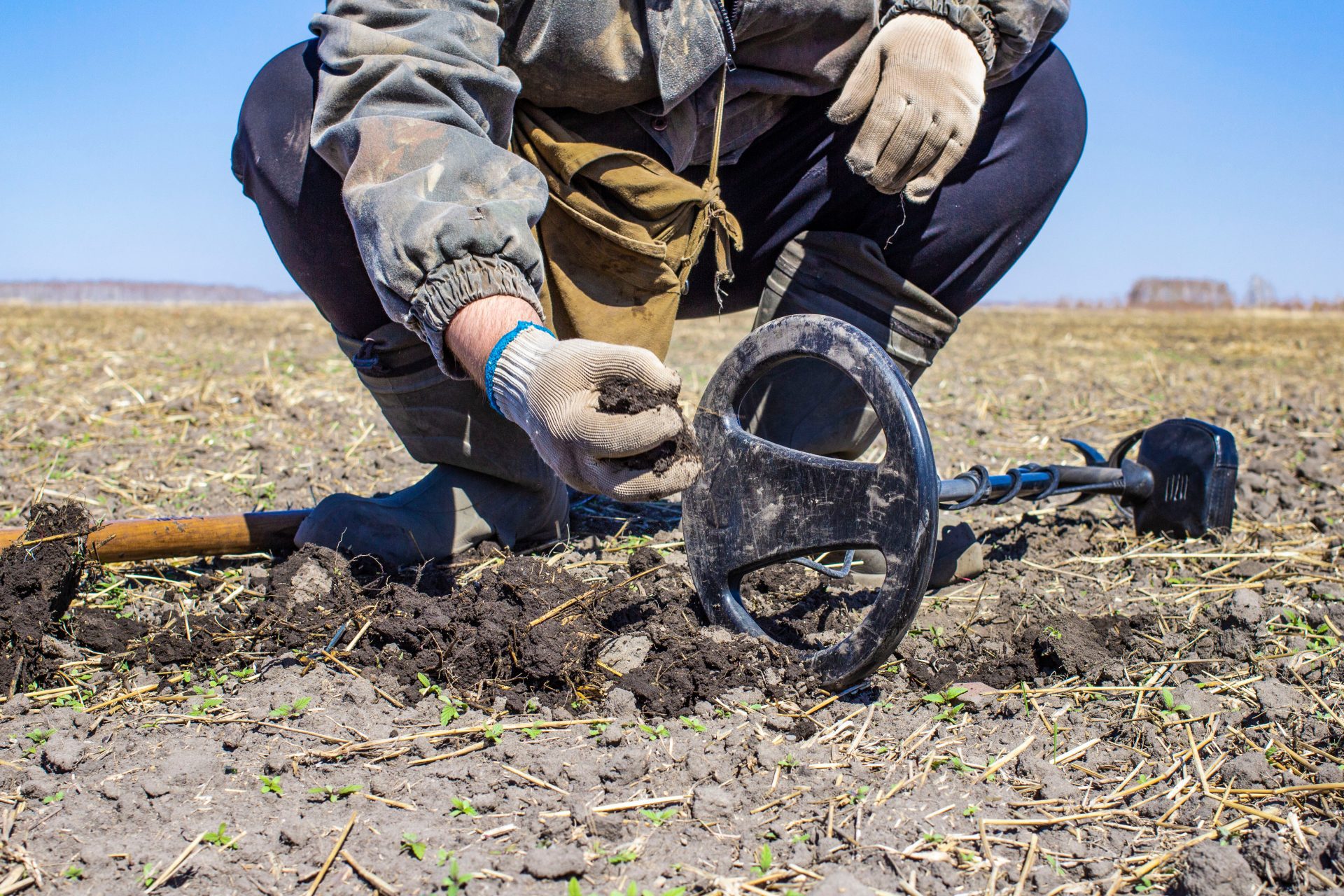Researchers from the Ostróda Museum have announced the discovery of more coins from the Półwieś treasure hoard, first discovered in 2016 near Zalewo in the province of Warmia-Mazury, Poland.
The initial hoard was found by a history enthusiast, who stumbled across 86 silver Roman denarii minted in the first and second century AD.
The earliest coin was minted in the year AD 96 during the reign of Emperor Nerva, whilst the youngest coin dates from the years AD 194-195 during the reign of Septimius Severus.
Researchers have continued to study the hoard site where they recently found three more coins, in which Łukasz Szczepański from the Museum in Ostróda stated: “Every year we discover a few more coins (now numbering 112 coins). Among the newly discovered finds is a Vespasian denarius, which is the oldest coin in the entire group, dating back to AD 72-73”.
According to Szczepański, the denarii from Półwsie is associated with the people of the Wielbark culture, i.e. the Goths and Gepids tribes, but researchers are yet to determine whether the coins were buried due to conflicts in the region or were a votive deposit.
In the opinion of the archaeologist, analogous finds from the area of the so-called Central European Barbaricum testify that the influx of Roman money was massive in this period.
It was related not only to trade contacts or plundering of the tribes from the North, but may be from the wages paid to tribes in service to the Roman Empire as auxiliary troops, or annual tributes in exchange for maintaining peace on the Danube border.
Header Image Credit : Denis Torkhov – Shutterstock





